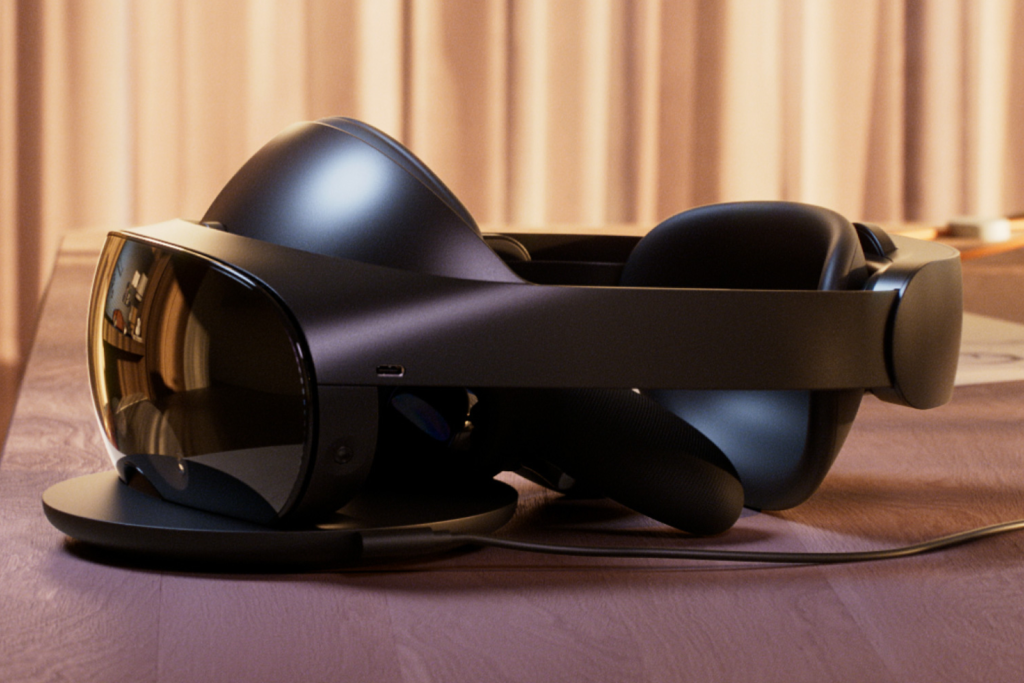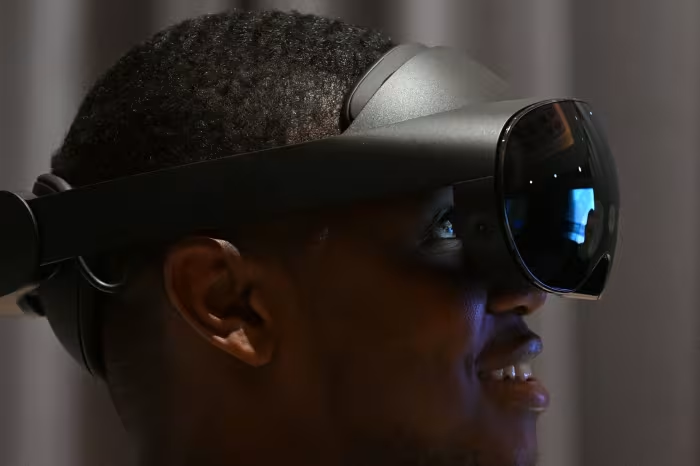Meta, formerly known as Facebook, has announced the discontinuation of its premium virtual reality headsets. This decision comes as the company shifts its focus in the virtual reality market, signaling a significant change in its strategy and product offerings.
Meta’s decision to halt the production of its premium headsets, including the Oculus Rift S and Quest 2, reflects the evolving landscape of the virtual reality industry. The company is now prioritizing the development of more accessible and affordable devices to reach a broader audience.
Meta Drops Premium VR to Boost Mainstream Adoption

The move to end the production of premium headsets is seen as a strategic pivot by Meta to compete more effectively with other VR headset manufacturers such as Apple. By focusing on more affordable options, Meta aims to expand the adoption of virtual reality technology beyond enthusiast users to mainstream consumers.
While the premium headsets offered high-end features and performance, they were priced at a premium that limited their mass-market appeal. Meta’s decision to discontinue these products aligns with its goal of making virtual reality more accessible and inclusive.
Meta’s new direction in virtual reality hardware is underscored by its emphasis on the Meta Quest line, which includes the Quest 2 and potentially future iterations. These standalone headsets have gained popularity for their ease of use and affordability, making them attractive to a wider range of consumers.
The shift away from premium headsets is also reflective of Meta’s broader vision for the metaverse, a digital realm where users can interact in virtual spaces. By focusing on more accessible VR hardware, Meta aims to accelerate the development and adoption of metaverse technologies that can connect people in new and immersive ways.
Meta’s decision to end the production of premium headsets marks a strategic shift in its approach to the virtual reality market. By refocusing on more affordable and accessible devices, Meta aims to broaden the reach of VR technology and drive the growth of the metaverse. This move highlights the company’s commitment to innovation and inclusivity in shaping the future of virtual experiences.





